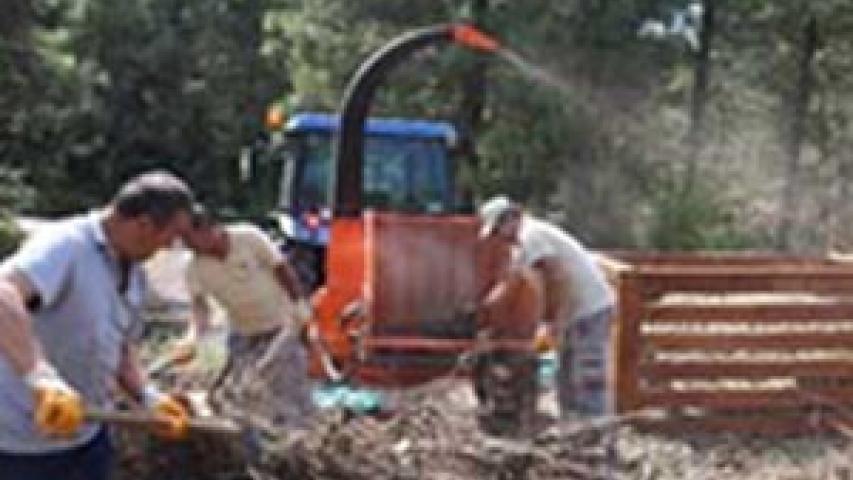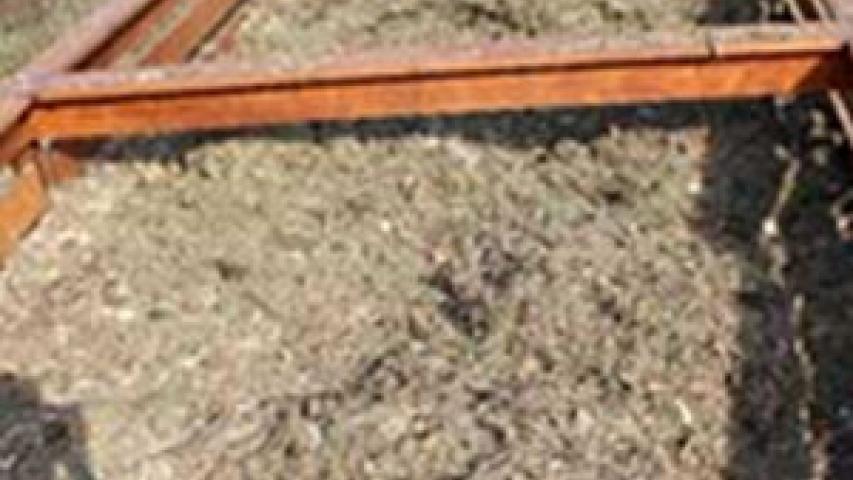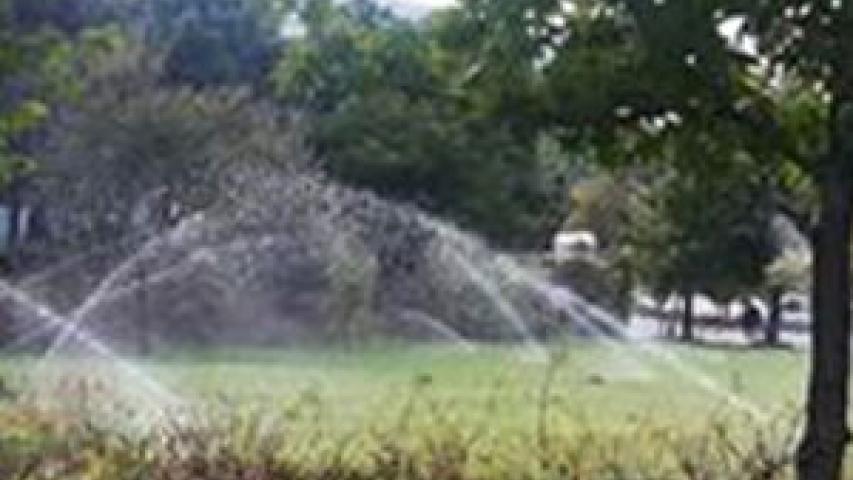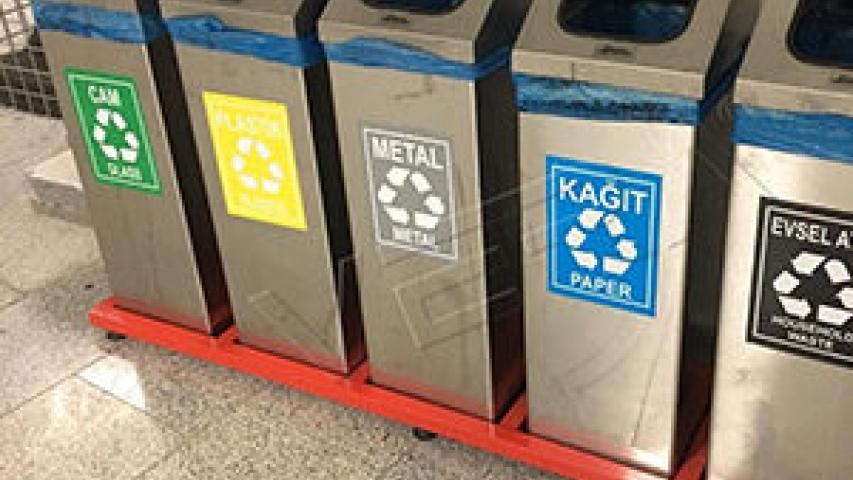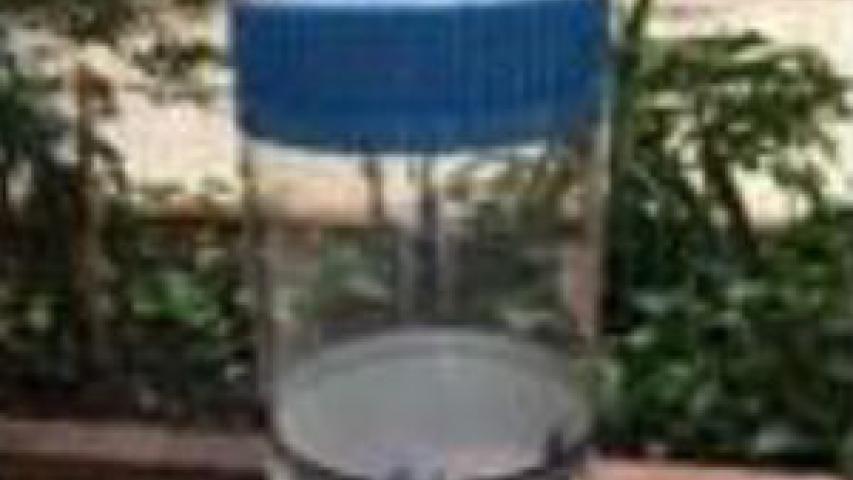At Yeditepe University, a comprehensive recycling and waste reduction program is implemented for “Waste Management” and measures are taken to protect natural resources and use them efficiently. Out of the annual 2032 metric tons of waste produced within the campus, 232 metric tons are recycled within the campus and the remaining 2000 tons are sent to solid waste landfill sites.
Yeditepe University has also established the “Zero Waste Management System” throughout the campus area and fulfilled the requirements of the “Zero Waste Certification” given by the Municipality of Environment and Urbanization at February 2021. Our waste management policy can be reached from here. Waste management systems are guided via an application in regards to that policy. There is also a purchasing procedure that is used to guide purchasing activities done within the university in order to accomplish zero waste goals. Adding to that; there is another procedure for choosing and supervising the suppliers and a policy for occupational health, safety, and environment affecting the waste management process overall.
All recyclable wastes throughout the university are collected separately in order to be recycled. To carry out this process properly, indoor waste separation units in all corridors of classes, offices and halls have been placed so as to collect and separate in their source. Besides, the used papers generated at the offices are recycled with a mechanical technique by an authorized recycling company and GHG emission resulting from the incineration has been avoided indirectly. continued every year in the Arboretum and the campus landscaping area.
Environmental protection campaigns are being conducted to raise environmental awareness among the students and academic and administrative staff. Examples of the campaigns can be given as waste battery collection, fluorescent light collection, plastic cover collection and safely disposal of expired drugs. The university is supported by the municipality with the joint projects carried out for recycling.
In addition to these, various applications started to be used within the scope of the ‘Program for Reducing Paper and Plastic Usage’. To this end, new computer systems have been implemented for corporate correspondence (EDYS) and course management (Moodle). In addition, programs such as double-sided printing are implemented within the framework of the policy of reducing the number of prints.
All wastes from Yeditepe University Campus are being treated separately. Non- recyclable inorganic wastes are collected in cooperation with the Ministry of Environment and Urbanization. In order to avoid environmental pollution, odor and leakage from these wastes, an Underground Waste Container System is used. In addition to this, by using Recycling Units, Packaging Units and Indoor Waste Separation Units for recycling are available in common areas of the campus. The wastes are thrown to the Indoor Waste Separation Units that are placed in the corridors of the classes, offices and halls. These wastes are then daily controlled for separation according to their types and are given to the recycle company which is authorized for recycling by the Municipality. Additionally, the outdoor waste bins have been categorized and labeled so as to separate the waste material in their source. New indoor waste bins have also been provided for the separation of indoor wastes in their source as well.
At our university, organic wastes are collected during the pruning of plants, mowing of the lawns and after processes in the compost plant. The organic waste supplied from the plant materials in the campus landscape is utilized by a recycle machine. The compost produced is fully used in the campus for landscape maintenance. This year, the amount of organic waste recycled have been increased significantly.
The disposal of toxic waste is carried out by keeping an inventory. All toxic wastes from our university are sent to disposal companies with environmental license permit and national waste transportation forms. All records are kept and the entered into the system of the Ministry of Environment and Urbanization at the end of the year.
There is a biological treatment plant in the campus for the treatment of waste water. In the plant, approximately 30% of the total amount of water used annually is treated and recycled as water.
